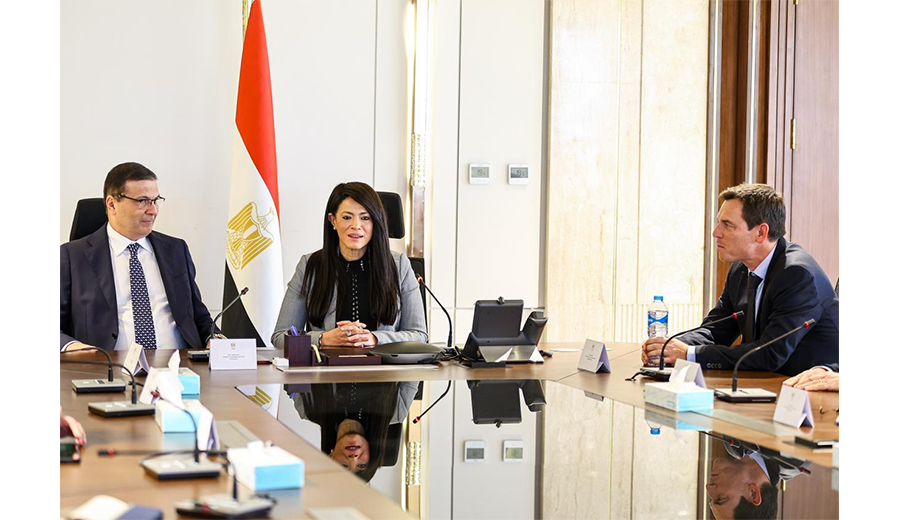Gov’t will avoid borrowing loans except for compelling developmental needs: Planning Minister

05 June 2023
Dr.. Hala El-Said: The Egyptian state, with its financial and monetary institutions and policies, is making great efforts to reduce inflation rates
The plan for the new fiscal year includes distributing forms, focusing on projects that are nearing completion, so that citizens can feel the return from those projects.
The Egyptian economy has all the basics that make it able to get through this exceptional period
Cairo, on June 5, 2023
Egypt will not take out new loans unless they are on soft terms and only for compelling developmental needs. This is what H.E. Minister of Planning and Economic Development Hala El-Said said before the Senate on Monday.
El-Said's remarks came during her presentation of the ministry's fiscal year 2023/2024 development plan.
She added that the country had deliberately reduced expenditure and increased investments to contain inflation.
According to the Central Bank of Egypt (CBE), Egypt’s foreign debt hit $159.4 billion during the first quarter (1Q) of FY2022/2023, up from $155.7 billion in the corresponding quarter of FY2021/2022.
Egypt and the IMF have concluded a 46-month $3 billion loan deal.
In her statement, El-Said noted that the plan focuses on industry, agriculture, and communications to increase Egyptian economic resilience.
El-Said noted that the plan also seeks to increase private sector participation. She cited the State Ownership Policy Document, which determines the state's presence in the various economic sectors, as symbolic of the country's direction to attract investors.
The document guarantees competitive neutrality and identifies the sectors from which the state will dissociate, such as water desalination and wind energy projects, she added.
Furthermore, El-Said highlighted that the plan also seeks to benefit youths, who constitute 60 percent of the country's population, to meet labor market needs.
She explained that due to coordination with the Ministry of Education and Technical Education, more graduates of majors that are highly in demand have begun to enter the market.
In conclusion, the minister stated that the country focuses on social protection schemes, such as the Decent Life initiative and the national project for developing the Egyptian family









